|
4/16/2020 0 Comments Editor's Remarks David Jones 大卫 琼斯 CC
"Come on over and cry in my kitchen." -Gretel Ehrlich God, I love that line. It's spoken to the author, Gretel, who is in some deep and abiding grief, over the phone one morning, by a woman juggling five ornery kids and a temperamental husband, in the unforgiving, apocalyptic terrain of Wyoming. I've known such people who have made time for me when it perhaps made no sense at all for them to do so, given their own dire circumstances. Maybe you have too. Those kinds of things are the reason many of us made it this far. Such a sentiment still exists here, in this small digital space - even if we most certainly cannot cry in each others kitchens anytime soon. While many of us are currently sheltering in place, there are that many more who have no place at all to attach the word shelter to, let alone the word home. For some communities, an already too deep precarity of life is driven ever deeper, not to mention "life" (already so reduced) for those in prison and in mental institutions. Why should it have taken a pandemic to own up to our relational existence? That I am me through you and you are you through me. One thing I've noticed, not a single news report on indigenous communities (their needs, their struggle) during this time, even less on the homeless. Why is that? Are some lives more grievable than others? Jabulile Mickle-Molefe's poem for hobbes, explores this contradiction embodied in our institutions when she writes of; "the heroin addictions devouring the midwest like a crave case," while throughout the 1970's, 80's and 90's, black and brown communities did not hear their addiction stories told in as sympathetic and humanizing a light as many in our current Opioid crises do. Whose voices, whose stories actually get heard and whose get forgotten, purposefully washed away? We do not know how many indigenous woman have died because our institutions do not care when they go missing, and they go missing at an alarming rate, never to be seen again. What kind of world is that? Where some lives aren't even grieved properly, aren't even considered losses? One we have grown far too accustomed to. Even now, in this pandemic, some stories, it seems, get told at the expense of others. Here we explore those lives lived (pushed) on the margin, no safe place to call home or shelter or "please god, just let me rest here a while." Our hearts, as always, are geared towards those who are on the floor. Eros Salvatore, Gene Lynn and Addy Miller tell harrowing but ultimately hopeful stories (one survives) of the hell that is addiction. Tetman Callis and Caroline Piermattei write of working-poor-class characters whose lives are just one paycheck away from having nothing at all. These are harsh, bare boned landscapes, the new American normal, it would seem. In 'A World Away', Bonnie E. Carlson writes heartrendingly of a teen in foster care as she visits her mother in prison with her case manager, and later, back at her foster parents, contemplating if it's even safe enough to have hope in her newfound environment where adults, for the first time, seem to actually believe in her. Carla Sameth writes of one family just looking for a rehab to check into on a bad and end-of-the-rope kinda night, and told; no room at the inn. It's easier for some than it is for others to get the help that they need. That's as true now, during this pandemic, as it is in a million other ways. Nicole Goodwin narrates her childhood memories in Brooklyn, filled mostly with that youthful joy- until a dead body, fallen from a car one summer becomes, not just the end of innocence, but the way things are for everyone that she knows from that time and place, many of whom, sadly, will not make it. Goodwin's haunting tale reminding me of a story my father once told me about his own childhood in Brooklyn; seven years old, playing marbles, and a man is suddenly stabbed right in front of him. Where do you file that away? How it must ever more shape the world that we just learn to get used to. Friends, I sincerely hope you never get used to living in such a world. That you kick that habit, cry that trauma, and shout the name of that injustice. Shout so loud the world has no choice but to listen. Put the pain in the poem and the poem in the palm of our hands. Come on over and cry in our kitchen. James Diaz Founding Editor Anti-Heroin Chic *Special thanks to my wonderful co-editors, Jenny Robbins, for her deeply felt and inspiring selection of essays, and to Dana Espinosa for the astounding poems that she's assembled. And to Eros Salvatore, who took time to narrate their story, 'Heroin, My Only Friend' for us, in our ever expanding audio soundcloud.
0 Comments
4/16/2020 0 Comments Photography by Elli Perry Oceans Springs Bettys Creek Cecilia Solidago on the Shore Oceans Springs Bettys Creek at Dusk Oceans Springs Messengers  Elli Perry is a musician, visual artist, herbalist, and activist. Her career as a singer-songwriter has spanned twenty years, while her work in the visual arts has indiscriminately spanned mediums. Whether painting and drawing, tinkering with old film cameras, or compulsively knitting and embroidering, she is most content while making- the what is often not particularly relevant. As an herbalist, she works passionately in the field of health justice activism, seeking to support medically underserved communities and individuals. She lives sheltered in place with her husband in the northern Chihuahuan Desert, on the border of Mexico and Far West Texas. Cory Marshall Spangler is an American author and photographer. His work has been published in AGITATE: Film Photo Broadsheet. He publishes his own handmade periodicals of experimental documentary photography and narrative: Native Stranger Periodical. He and his wife live sheltered in place in the West Texas desert. Jarrett CC
Prayer to Man the dust groans like day-old snow packed by boots, the same desert roads each day, in the hour between the evening and the dusk. in every one of the sunsets: it starts in my arms and my teeth. I feel how I did during fevers as a boy, when I could touch things that were not there with my body, as if all of it was me, being played with by drastic hands. the earth slips. skies change purple. without a thought my body grasps the immensity of how small, the smallest bone in it, is. and on my shadow on every rock in the fading light, I read the ABCs of my insignificance. what small frame and small head does this? bending like a torn black ribbon of rubber there over the fossilized ammonite shells. I am not fighting fit at all, for any fight but a fighting, fighting for grace for death, which is to suffer, to suffer cosmically. dear man, unless you be a god or better, then be as the sun. go down beyond me, arms turning to sand, gradually in the dark. Cory Marshall Spangler is an American author and photographer. His work has been published in AGITATE: Film Photo Broadsheet. He publishes his own handmade periodicals of experimental documentary photography and narrative: Native Stranger Periodical. He and his wife live sheltered in place in the West Texas desert. 4/15/2020 1 Comment Poetry by ryki zuckerman rruilisboa CC eviction she tried to kick them out-- flooded their homes, burned the forests and wooden structures to the ground, pulled up their foundations and flung them into the sky with fierce winds and violent tornadoes. she raised the waves up from the ocean floors and tried to wash the stain off. she vomited up the plastic garbage onto the shores, sent them the swollen bellied whales and birds who'd died from a diet of plastic bags and fishing lines and bottles. she shook her head to try to shake them out of her hair. she had even spewed forth fiery lava from her lower depths to burn away the blight that now covered her. and still they were relentless. and still they hurt her. and the fires ate many of them and the winds tossed many of them to their deaths and the waters drowned many more, but still they were relentless. so she sent a plague upon them that they would breathe in that would take the oldest first, that would take the most vulnerable already struggling to continue on. she sent a virus. she had read war of the worlds and knew even the martians could be felled by something as small as a germ, a cold, and she smiled to think that they had given her the very plan that spelled their demise. a few of my things there were things i held close to my heart, things very few others also cherished or even knew about then. my nina simone album, the poems of langston hughes, the painting in the met by bastien-lepage, the apple tree outside my bedroom window, the swans who sailed by in summer in the little stream out back. in my childhood bedroom, i placed some mexican jumping beans with other treasures in a small wooden box and placed the box inside the sliding door on one side of the headboard. once, a kind grown-up expressed interest in the contents of my hidden box — i must have confided to her-- and she looked at every item with my eyes, in joy. i wish i could remember her name. my friends from school (elementary, high school, and college) are still in my heart, and i in theirs, even though we live far from each other. i am glad i still remember their names, each one of them a bright coin in a crystal box tucked behind a small sliding door. 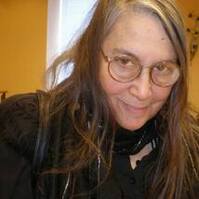 ryki zuckerman is a co-editor of Earth's Daughters magazine, a feminist literary periodical (now in its 49th year of publication), and author of the gone artists (Nixes Mate Press, 2019), the skirt at the center of the universe (The Writer's Den, 2018), Three Poems (University of Buffalo Poetry Collection, 2017), a bright nowhere (Foothills Publishing, 2015), the nothing that is (Benevolent Bird Press, 2015), and her full length collection, Looking for Bora Bora (Saddle Road Press, 2013). Her poems have been published in Paterson Poetry Review, Lips, Dispatches from the Poetry Wars, and elsewhere, as well as in artvoice, Buffalo News, and in the anthologies Water (Beatlick Press) and A Celebration of Western New York Poets (Buffalo Legacy Press). Colin Poellot CC
7,067 (New York, day 80) Over seven thousand people lost in the last 80 days. But only you died. The only death is the death of your voice snagged on my name as though it were a broken thing, the only end, the ends of your fingers bumping down my spine, counting the beads of my bones like an abacus, totting up their worth. That is the count that counted, that stop, what stops it all. Only you the singleness of you in this spinning world the still point of reference, stilled. The gone smile. The never-again broken tooth. The lost, stupid, made-up songs that threw me to the floor, dying. You killed me. Here is the death that really happened— the only death, a single death, your death-- seven thousand sixty-seven times. Jennifer Maloney is the current president of Just Poets, Inc., a 15-year-old poetry organization based in Rochester, NY. Please find her work in Aaduna.org, Memoryhouse Magazine, Ghost City Review, Celebratingchange.blog, and several other places. Jennifer's sober birthday is March 21, often the first day of Spring, which she finds very appropriate. She has 22 years, one day at a time, and she remains grateful. 4/12/2020 0 Comments Poetry by Nikki Caffier Smith lauren rushing CC remember the time I found my neighbor’s severed toe in our shared driveway? it was, like, one year and change after my dad died and one year and change before my mom’s boyfriend sexually abused me the lawn mower sliced it off and spit it out then the ambulance parked over it as ambulances apparently do so I didn’t find it until later that day when I was walking down the drive to get the mail and the tar had melted onto it a little and I brushed off the ants because for some reason I thought it was still salvageable but that day I was a little unsympathetic because I remember thinking what a wimp when he screamed from the ground about his toe having been chopped off and the blood was seeping through the dish rag someone brought over and he said he was feeling too weak to apply pressure so his (now ex-)wife had to do it this was a couple years before he called my mother in the middle of the night when he saw me standing on the edge of my roof this was a few years before I decided he was probably a pedophile who had abused his step daughters (hence the divorce) but back then I thought a lot of men were pedophiles…………and I was usually right. I Think I have a Poor Sense of Humor And I’m trying very hard Not to let this laughter Rattle my skeleton Ha! Ha! Ha! I said to you once “Laughing at myself is like laughing into a vacuum.” Ha haaaaaa………………………………………………. I heard a child in a fast food restaurant say That he didn’t want to get more dead And neither do I When I look back on my life I see that I started getting dead Around the age of three In the bathtub where I can only see myself and someone else from above When I look back on my life It is a pretty picture with the eyes scratched out By several fingernails By the way This laughter is still clanging up and down my skeleton Like a marble in a bathtub pipe In the pipe of my throat It sits somewhere in the seat of my chest And swings its mallet, Jack-Torrance-style, against The industrial-sized freezer of my heart Laughter makes me get smushed by anvils It makes me chase not one but two roadrunners While anvils crush me along the way I’m laughing as I write this poem and It’s hilarious It’s hilarious how poor my sense of humor is. A man who knew me when I was a little kid almost died In a motorcycle accident And I laughed so hard my insides hurt Trust me, you’d laugh too if you knew what he did to me Because context is everything I’m giggling like a kid in a church trying to be quiet And failing miserably I’m the kind of person who chuckles in their sleep And wakes up with their memory wiped clean I’m the kind of person who would drop Absurdist and meaningless punchlines on a crowd of strangers and Feel very bad about the ensuing silence But I’m just trying to be happy here I’m just trying to relieve some tension And emotional baggage I’m just trying to make my life as spa-forward as possible These cucumbers on my eyes are beginning to Feel more and more like coins But I aim to relax as much as I can If I try hard enough Maybe I’ll die smiling. 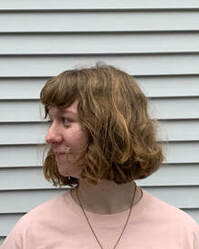 Nikki Caffier Smith is a writer based in Brooklyn. Her writing has appeared in Typishly, Awakened Voices Magazine, and is forthcoming on Kaleidocast Podcast. She lives with her partner and their two ill-behaved cats. Sergio CC poem for hobbes i have always loved to watch a white man hustle, all penny rich and time poor, like she when he’s coming home for supper and won’t be pleased if she burns the grits, like my mom pulling the laundry home on its string before sundown, or like their last shot at liberty will puff away with the train if they’re two minutes behind schedule but there’s no escaping coercion; a fearful yes is still affirmation a reluctant slave is a slave is a slave is a slave named toby, rachel, named leah called sally, called hobbes. who contests their autonomy these days? the rushing white men. the virtue signalers? the heroin addictions devouring the midwest like a crave case, or is it the natural world imploding around them the plummeting market their women publishing exposés on their impotence, on the coercion they enact on their others and where are they scrambling to get anyway? a slave is a slave is a slave is a slave even the ones who call themselves master i have always loved to watch a white man hustle rush like an ant to a mound of pixy dust spilt at the feet of a pitiless child rush like an ant to its slaughter 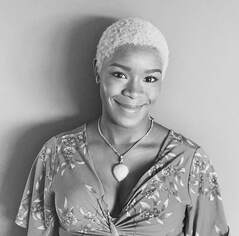 Jabulile Mickle-Molefe is a diviner based in Chicago writing essays and poems which handle heavy themes carefully, and which are often rooted in myth or philosophy. This is her second poetry publication. Her work is forthcoming in Petrichor Journal and Triangle House Review. 4/12/2020 0 Comments Innocence by Melanie Han lillie kate CC innocence and in this house i was sexually assaulted for the first time but i didn’t know how to tell my parents so the boy continued to come over to play (with me) and in this house my mom got cancer then got depressed then tried to kill herself but i didn’t know how to be there for her so i shut myself up in my room to escape and in this house i heard a splash at night but i didn’t know what it was so when i found his body facedown in the pool bloated and purple i threw up and in this house i realized that i had lost my innocence but i didn’t know or want to believe it so i told myself to hold on to my childhood for just a little longer  Melanie Han is an avid traveler and a poet who was born in Korea, grew up in East Africa, and is currently pursuing an MFA in Creative Writing in Boston. She has won awards from Boston in 100 Words and Lyric, and her poetry has appeared in several magazines and online publications, such as Fathom Mag, Ruminate, and Among Worlds. During her free time, she can be found eating different ethnic foods, studying languages, or visiting new countries. Elo Vazquez CC
Second Chances I want to knit swatches of Egyptian cotton, wrap your scars in shades of sky; fill the furrow of your brow with sheer layers of gloss from kisses. Over years. Peace made through surrender, still loss. Holes may close as well as fill. Then what space is left? Things unloosed: dulcet rifts or discordant riffs, bedrock. If salt water cured ailments of memory I would weep over cup, offer it as though from Lourdes with prayers for comfort. This is what they mean by second chances; To put the blood back in the stone. A Few of My Favorite Lost Things Hard to recall bits of beauty that scatter, and hide from the wind made from the rush to move on. Tough to even know bits of glitter from light, although I’m not sure it matters. Wrapped in missing I find too much gone in folds that double and triple about my shoulders – a prayer shawl, a shroud, a superhero cape. My power is to smile while I remember: -the scent sweet of ginger-sweat and nicotine soaked in a forehead I want lips upon, because it’s home and ought to have been enough. -a name of staccato syllables rich in consonants that blend sexy in print, all the lines and curves dancing side-by-side -a wink from across a room -landscapes of profiles -a rich voice that sounds of music, whether in speech or song. Such things are to die or live for. Or to scatter back on the breeze. Let them hide within slivers of tree bark, under the shadows of dreams, behind the next man who smiles for me, or let them evaporate to the clouds then rain down. Unbearable Lightness “Anyone whose goal is 'something higher' must expect someday to suffer vertigo.” Milan Kundera The Unbearable Lightness of Being Tethered to nothing, we inhale deep enough to ache in hopes that the weight of air will anchor us. When that fails, for ballast we conjure memories of lost teddy bears, chipped teeth, the one that got away, and what we wanted to be when we grew up. We cling to the heft of agenda books and plans - fragility that crumbles easily and drifts off as dust. The list of things we believe to hold us breaks our hearts when they dissolve, like playing house. There ought be a word for psychosomatic hope. The air is full of things blown away from us -- receipts of appliances we wanted to return, trash from the car floor, diplomas never hung on walls, romance, hobbies we wanted to be our lives. We anchor ourselves in burdens, lost causes, anything in shadows of love, to keep from floating away, hearts and stomachs empty. Kristin Kowalski Ferragut has been a featured poet at local readings including Words Out Loud at Glen Echo, Evil Grin in Annapolis, DiVerse Gaithersburg Poetry, and Third Thursday Poetry Reading in Takoma Park. Kristin participates in local poetry and prose writing workshops and open mics, in addition to reading, hiking, teaching, playing guitar, and enjoying time with her children. Her work has appeared in Beltway Quarterly, Nightingale and Sparrow, Bourgeon, and Mojave He[Art] Review among others. |
AuthorWrite something about yourself. No need to be fancy, just an overview. Archives
April 2024
Categories |
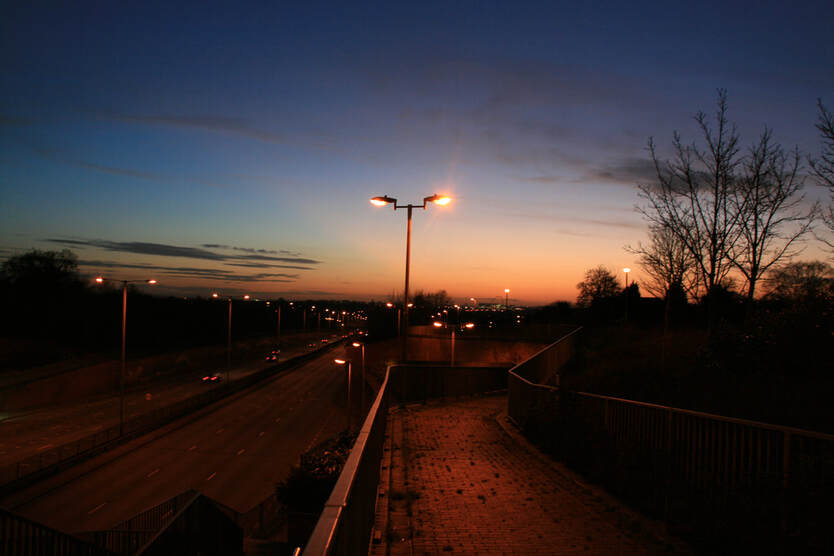
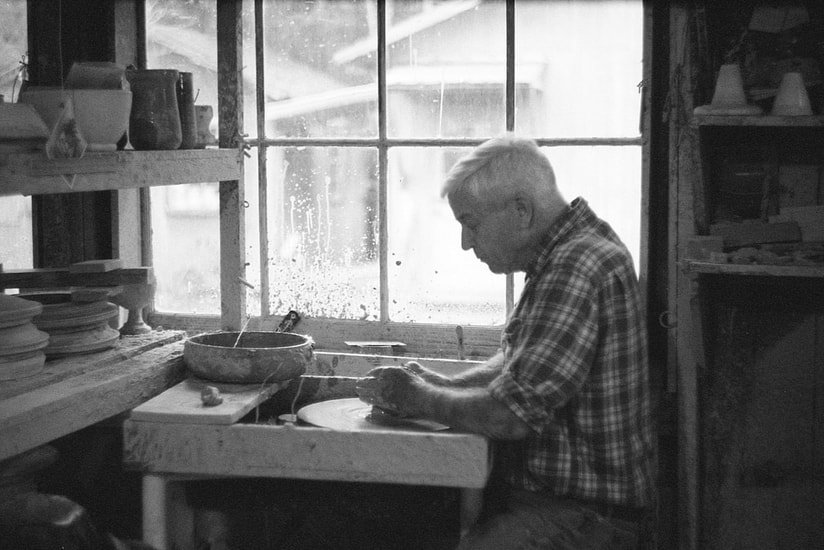
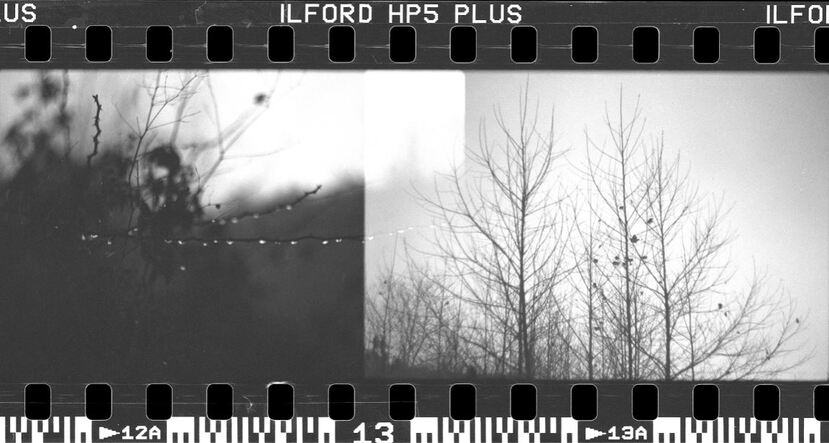
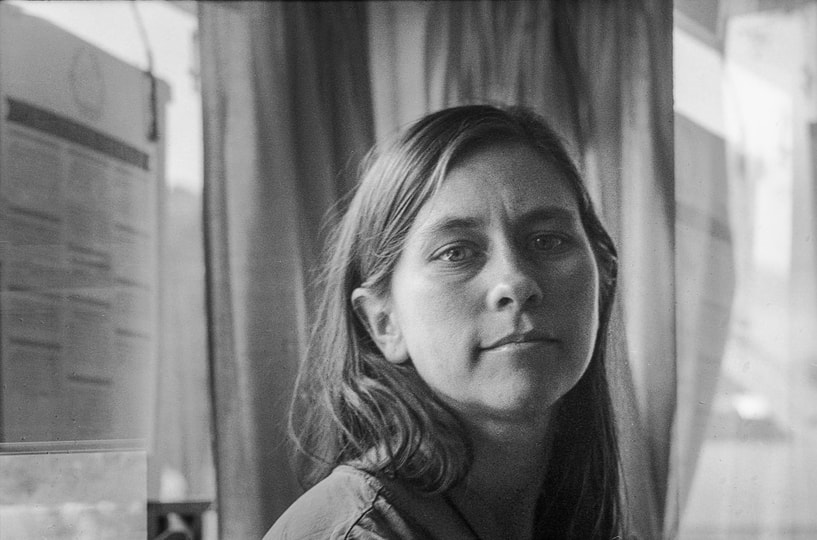
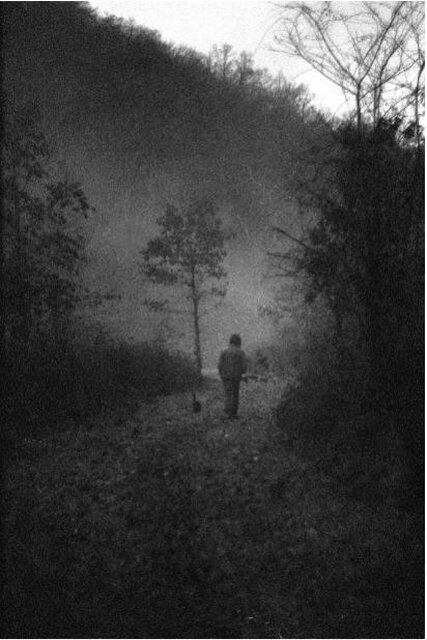
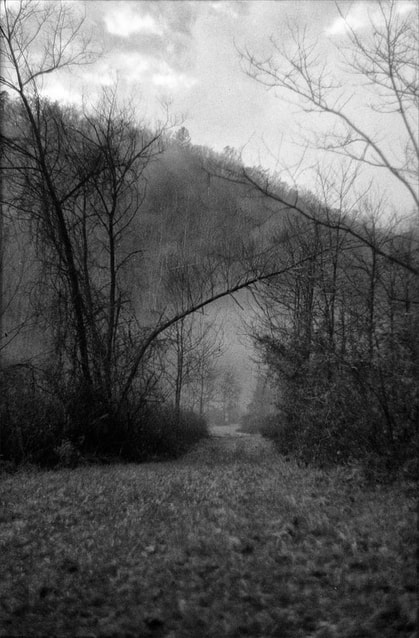
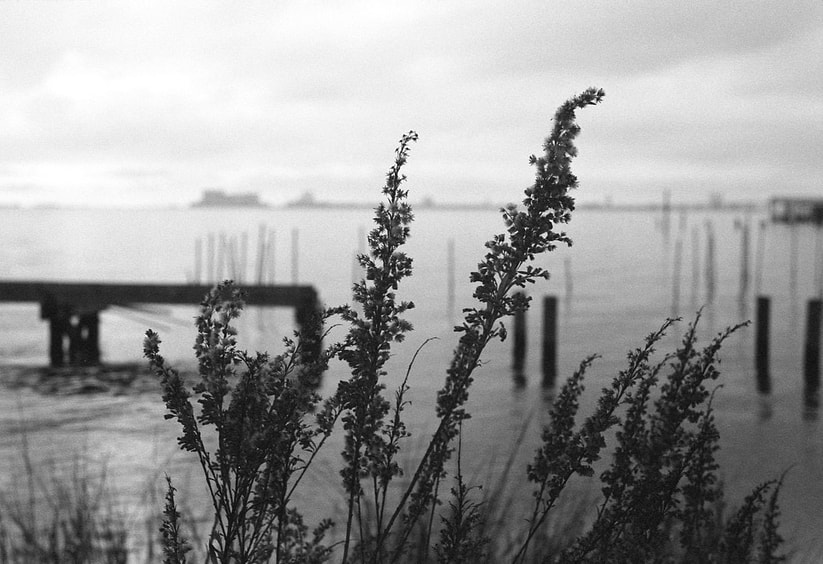
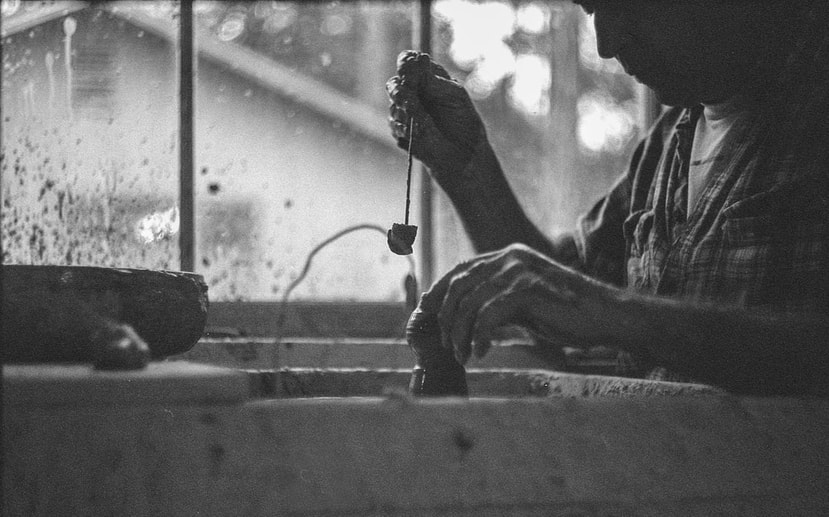
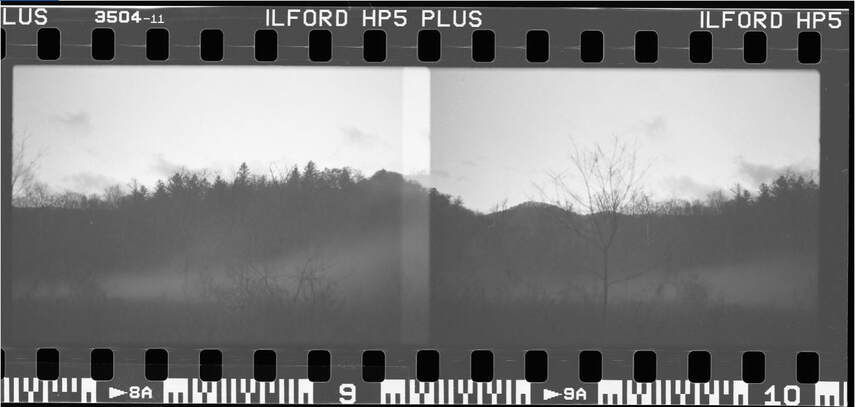
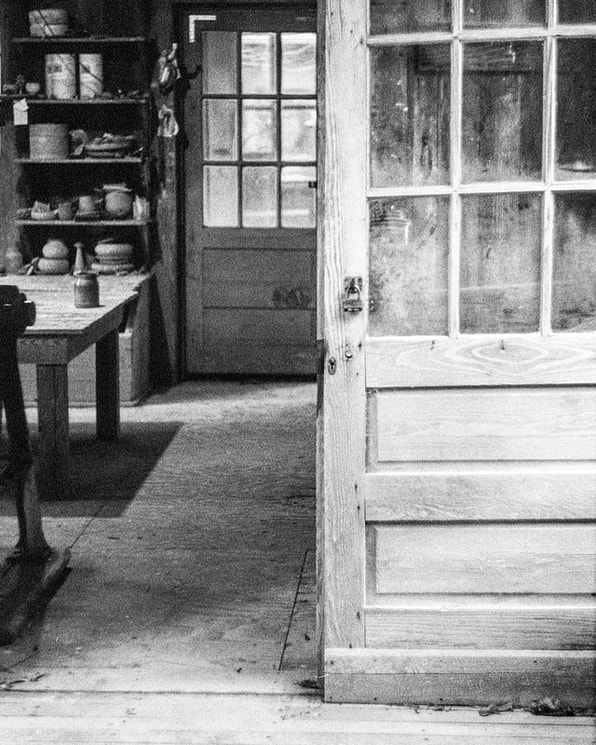
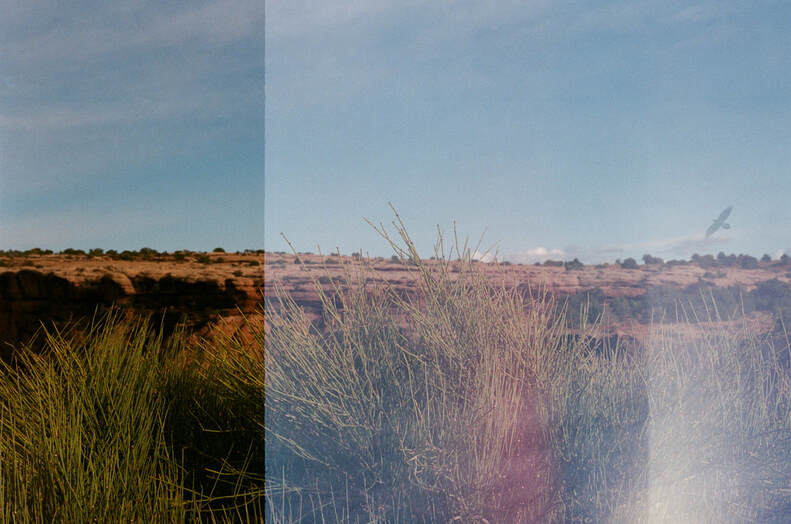
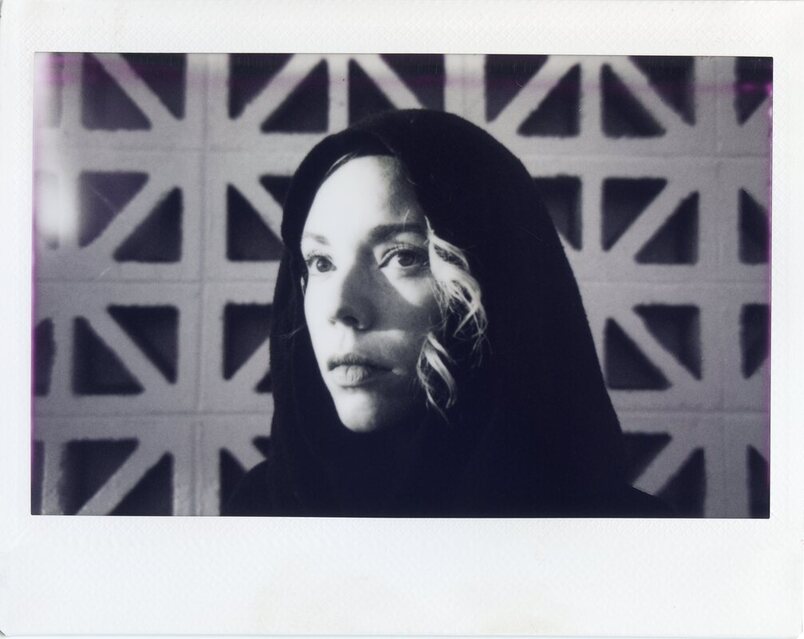
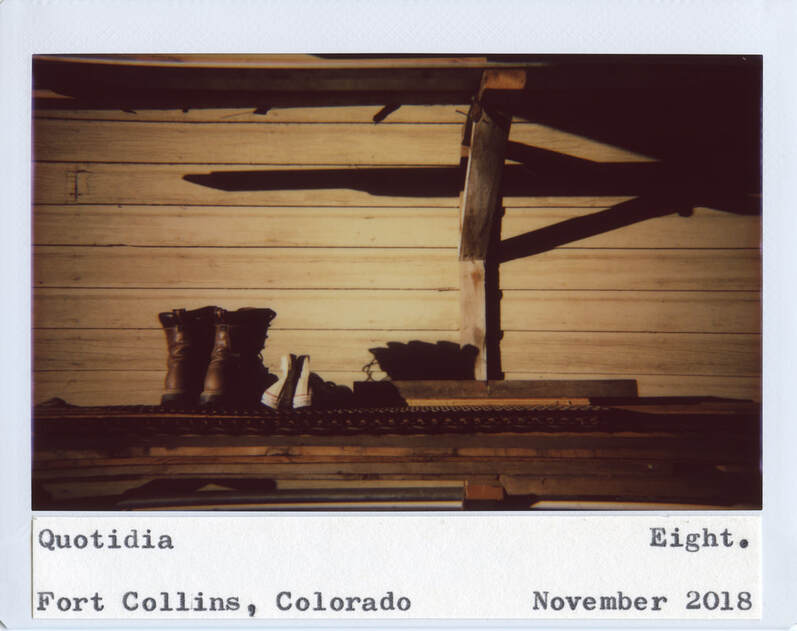
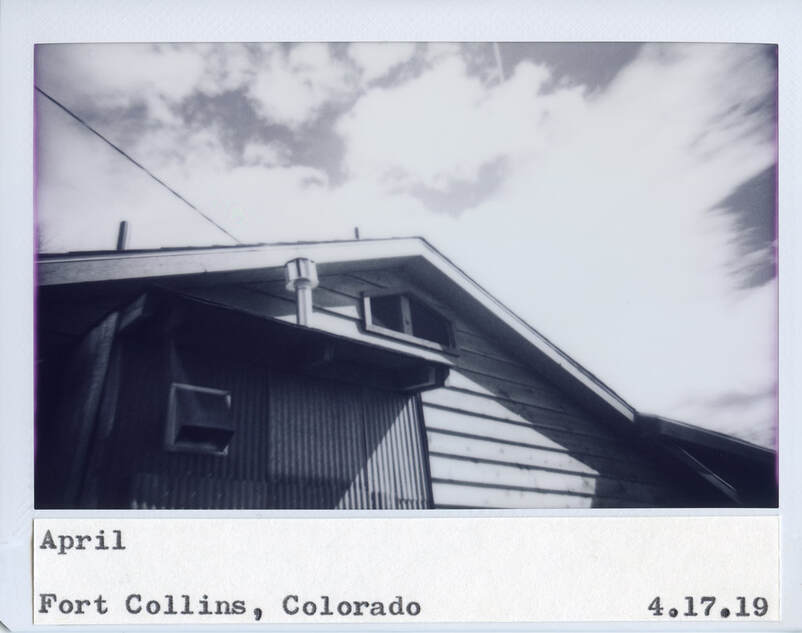
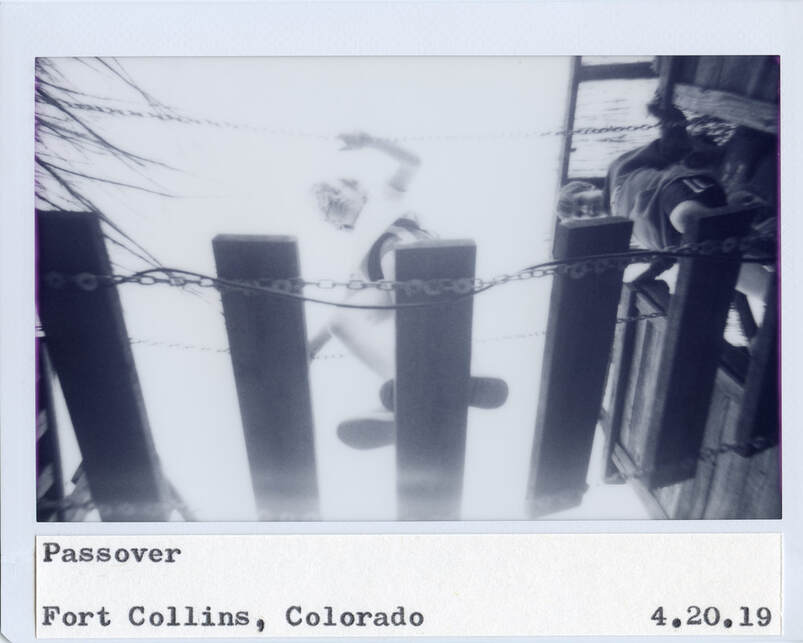
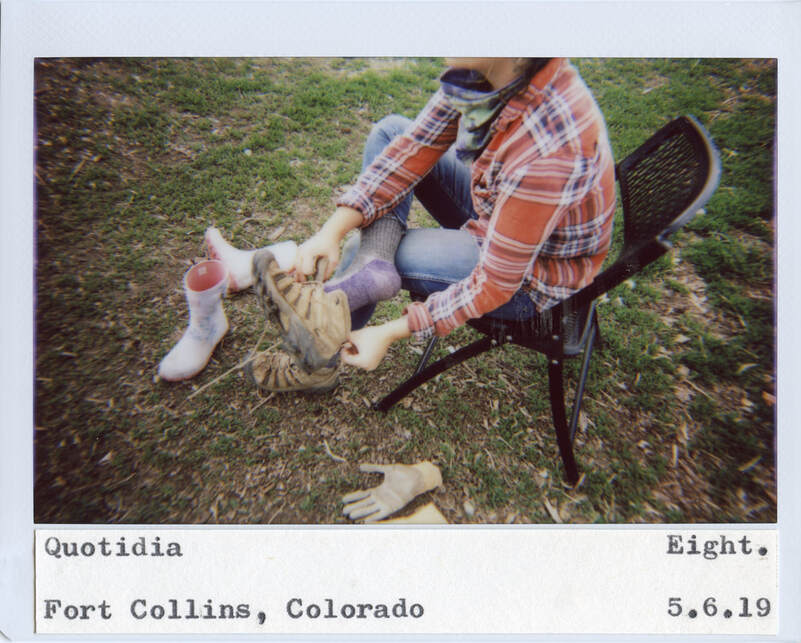
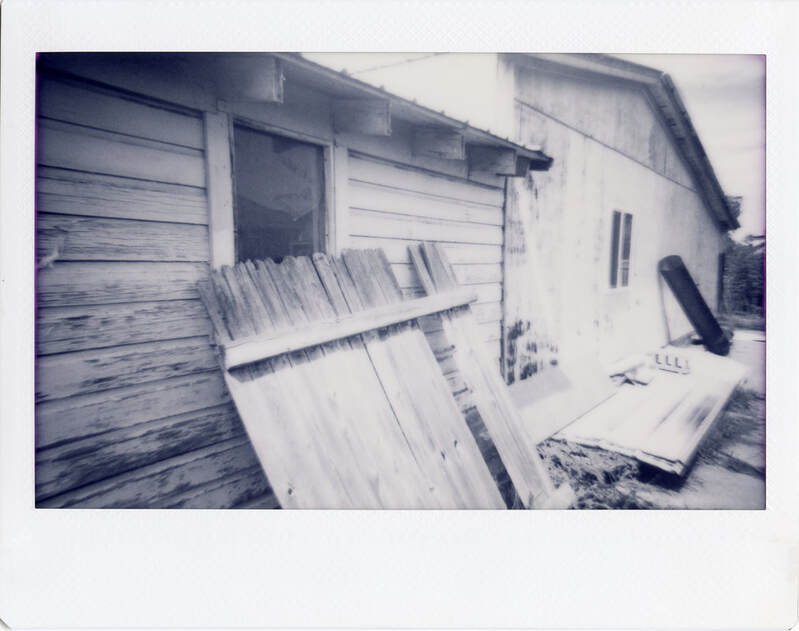
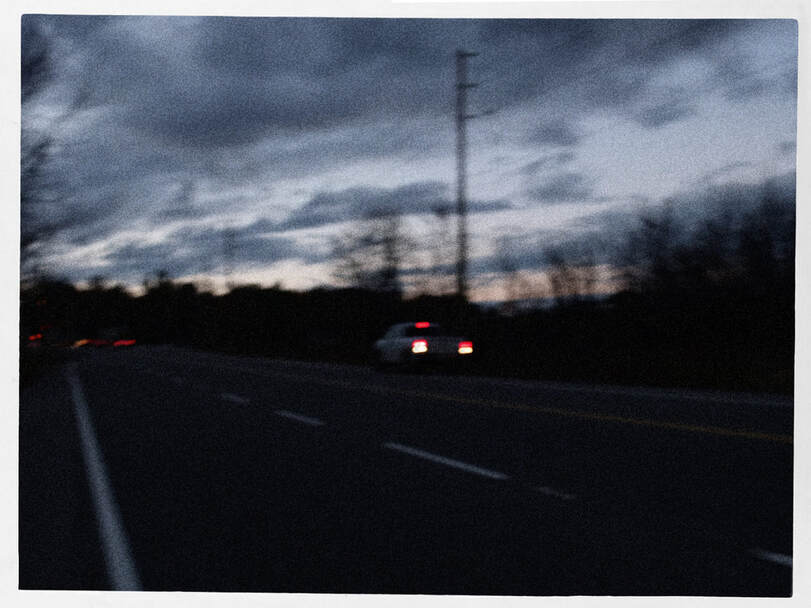
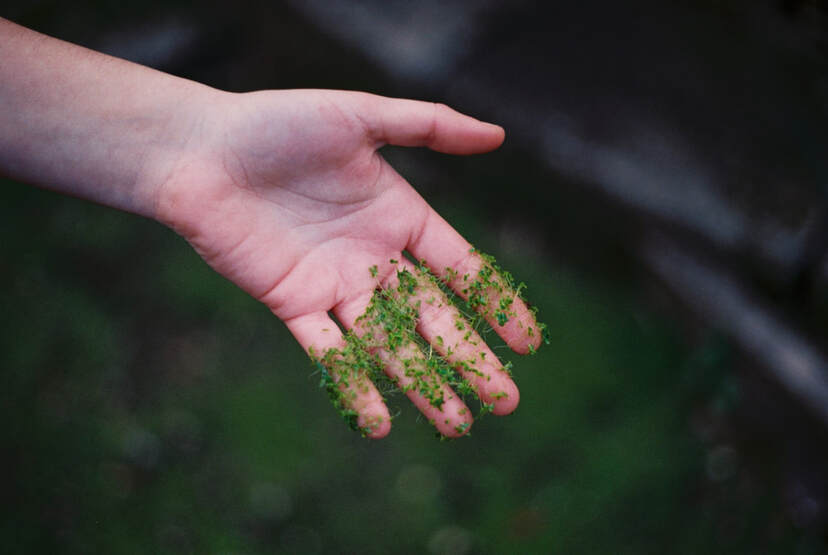
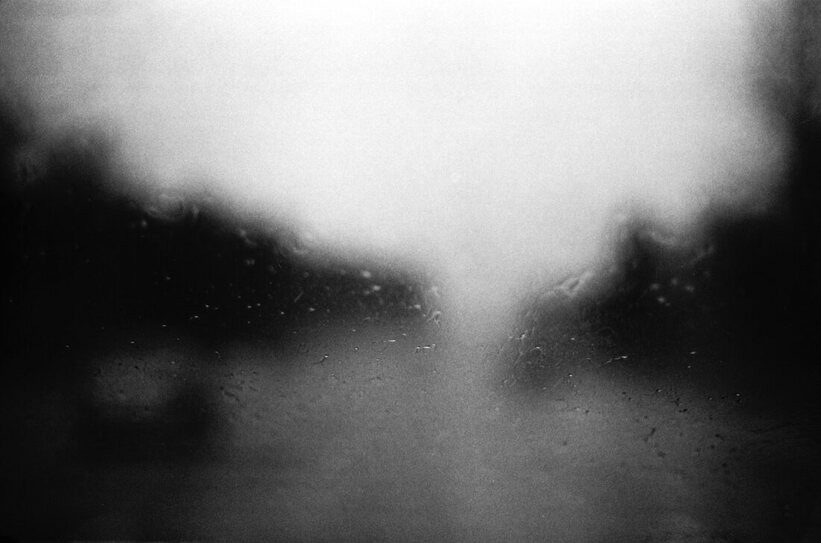
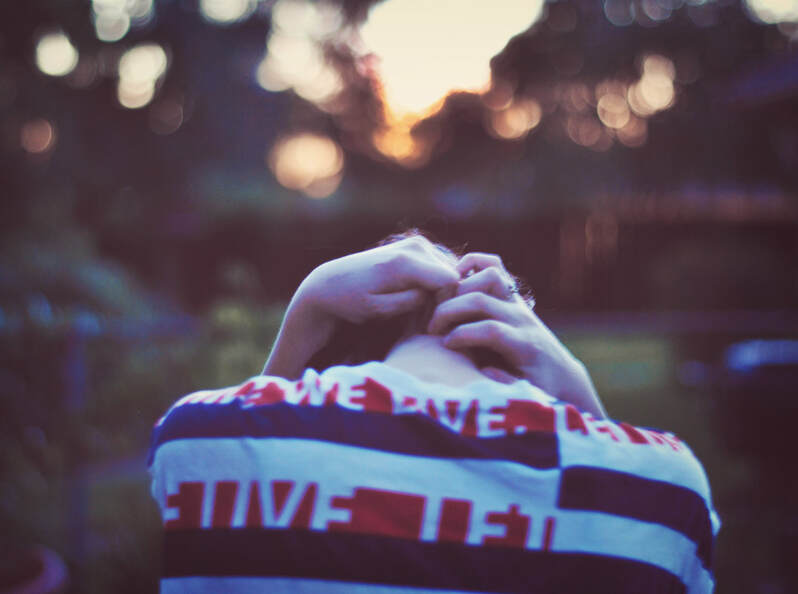
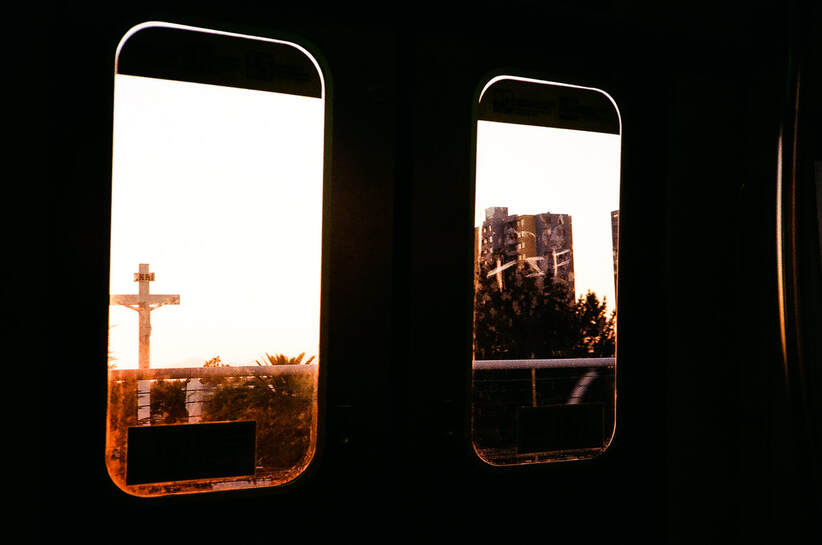
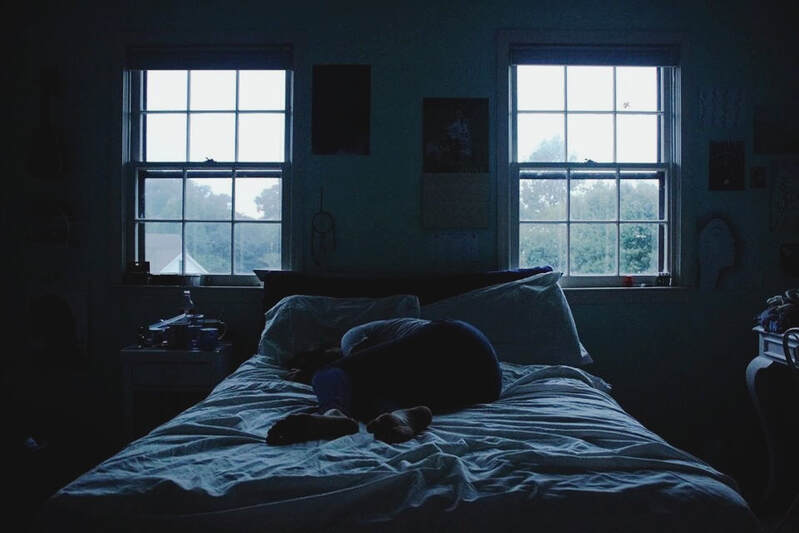
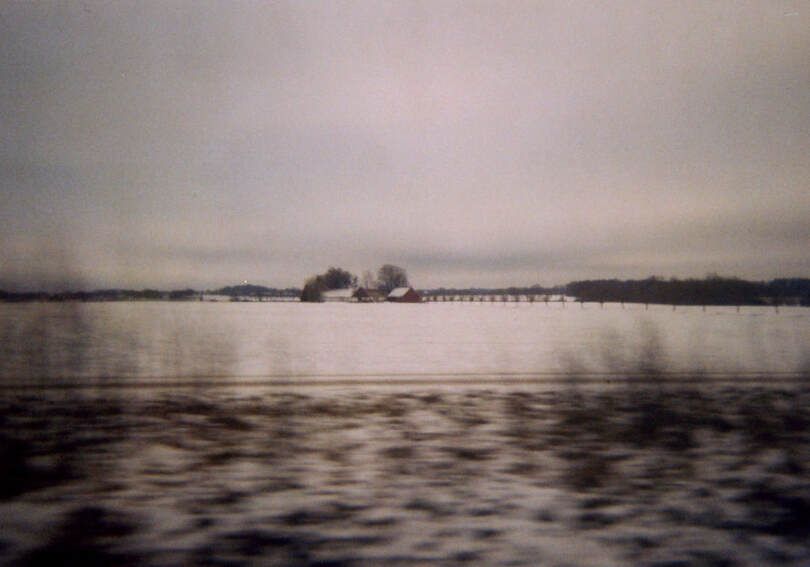
 RSS Feed
RSS Feed
